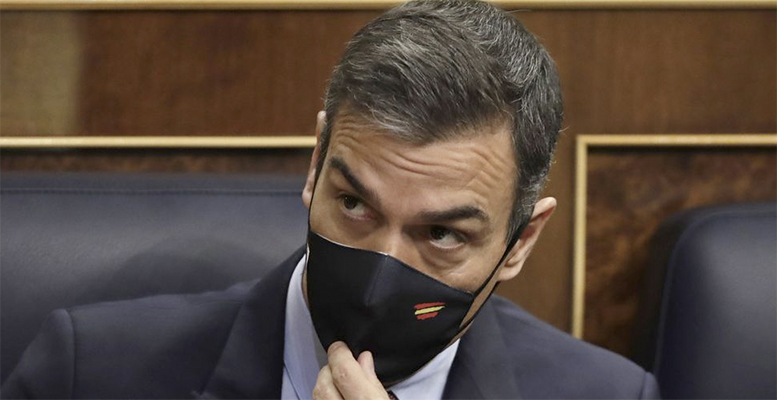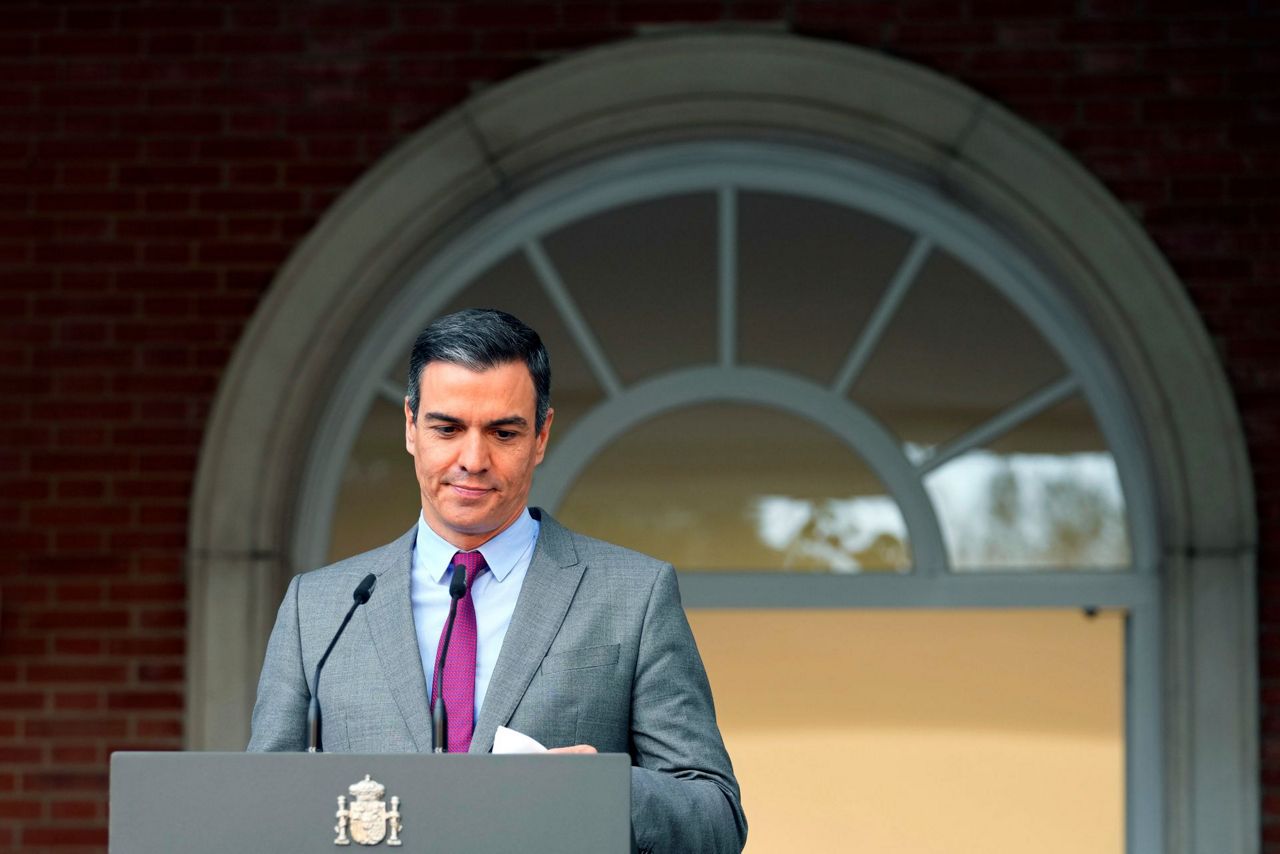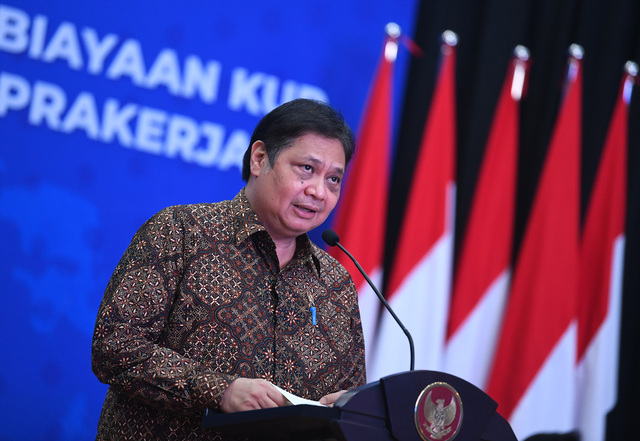Carlos Segovia explains in El Mundo that “Since Thursday, a powerful threat of impoverishment has been looming in the EU, especially in the countries that were already lagging furthest behind in the recovery, with double unemployment and higher inflation. It was Spain, unfortunately, which had already slowed down in recent weeks.
It was symbolic that Pedro Sánchez canceled his participation in the Spain Capital Markets forum organized by Bloomberg in Madrid on Thursday. It made sense given the complexity of the day, but it also spared him a difficult speech. The prime minister had planned to insist that Spain’s economy would grow the fastest in the euro zone in 2022 after failing in 2021. As well as releasing a stream of positive data on jobs and the acceleration with European funds. Everything remains in quarantine.
At another forum in Madrid, the new US Ambassador to Spain, Julissa Reynoso, did not mince words. “Let’s be clear,” she told the audience at the American Chamber of Commerce in Spain, chaired by Jaime Malet. “We are facing a land war in Europe and Putin is solely responsible”, she declared in the presence of the president of Iberdrola, Ignacio Galán, of the Damm group, Demetrio Carceller, and of the former minister Trinidad Jiménez .
The ambassador and until now chief of staff of Jill Biden – the wife of the American president – spoke of an imminent “brutal conflict” if the dialogue does not work. With her information from the White House, she sowed pessimism in the room. “If what she says comes true, we can throw our strategic plans in the trash,” commented one of the business leaders present.
Although this is a contained conflict, fuel and gas prices are already pointing to a difficult year 2022, detrimental to Spanish economic growth. On the first day of the invasion, oil prices rose above $100 a barrel, a level not seen since Russia’s annexation of Crimea in 2014. Gas prices rose 60% and futures are pointing to similar prices throughout the first half of this year.
Spain is better positioned in gas than most EU countries. “Russia supplies 25% of our national customers,” Francisco Reynés, president of Naturgy, told the Bloomberg forum. That is to say limited damage, because in the market as a whole it does not reach 10%. The problem is that any gas will become more expensive wherever it comes from.
Other damage is indirect, as Spain’s large commercial customers, such as the German market, have a worse supply, with the consequent impact on their economic growth and consumption. Another damage will be the reciprocal sanctions, according to the CEOE, because “companies will suffer”. And the Spanish risk premium? Sinus already installed at more than 100 points”.




/cloudfront-eu-central-1.images.arcpublishing.com/prisa/YICG4UUPGBGG5CNHHW4HYQYBNE.jpg)






/cloudfront-us-east-2.images.arcpublishing.com/reuters/LJXDUHWYDNKSNABZEYFR6MSXIA.jpg)